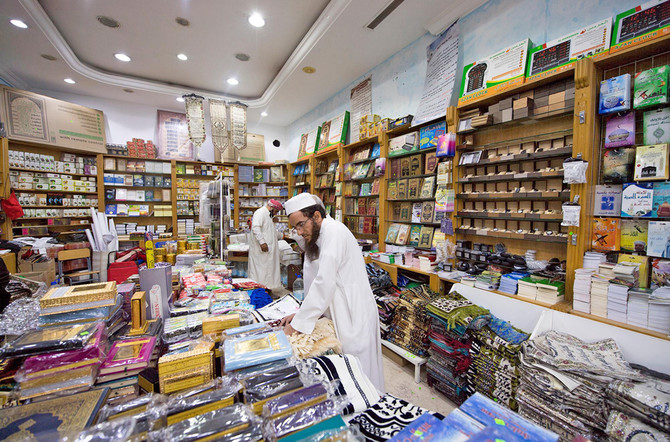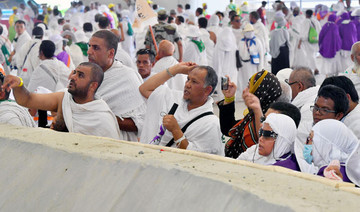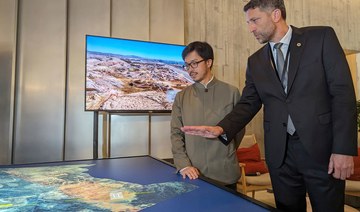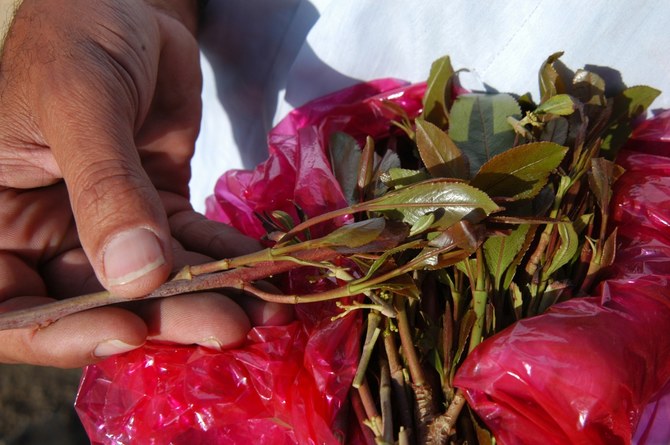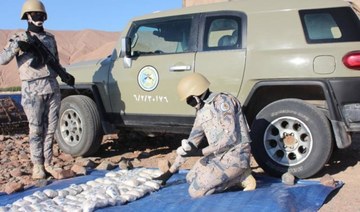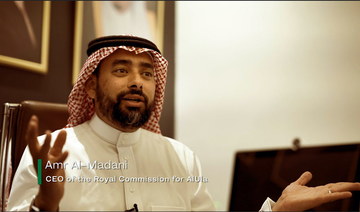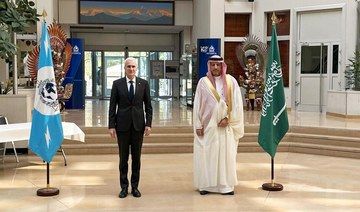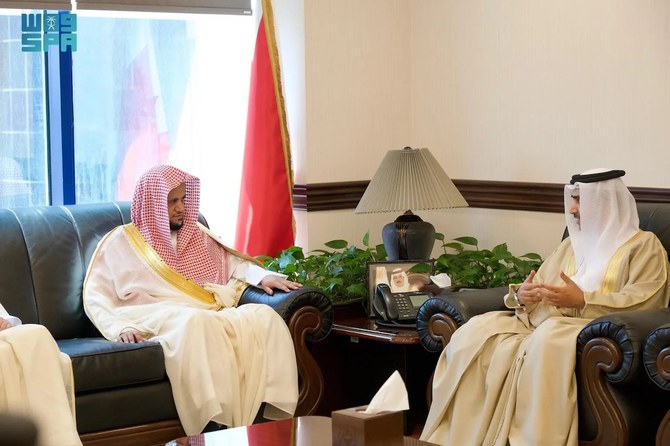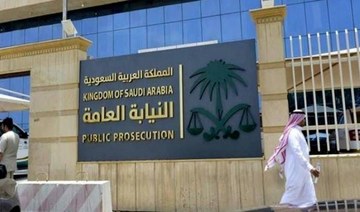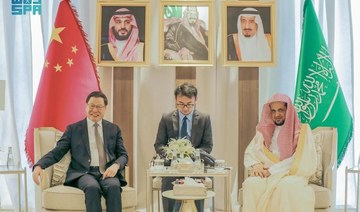MINA: Since ancient times, there have been customs and traditions associated with Hajj, not least the joyous celebrations to welcome pilgrims home from their spiritual retreat and, of course, the gifts pilgrims bring back for relatives and neighbors. As larger numbers of people from the world began to participate in the Hajj, the customs spread to all pilgrims, not only Arabs.
The nature of the gifts has changed over the years. Long ago, they were simple, including hummus, nuts, sweets and toys for kids. Now, they might include Zamzam water, gold and dates. Some of the pilgrims at this year’s Hajj shared their memories of homecoming celebrations and gifts from years gone by, and the gifts they will take home this year.
Massaad Al-Otaiby from Taif recalled the customs he remembers from about 60 years ago. He said people of Taif held a gathering called Sararah to celebrate the safe return of their relatives from Hajj. It was a happy and joyful family event, during which pilgrims placed pieces of cake on children’s heads, and everyone took part in folk dancing. The pilgrims brought toys for the children, such as models of horses and camels, along with photographs of the Prophet’s Mosque, the Grand Mosque and other historical landmarks.
Satti Al-Dumaihi, a Saudi, said that in the old days, typical gifts included hummus and candy, which the children loved to receive. Now, pilgrims return with gifts such as Zamzam water, mats and copies of the Holy Qur’an.
Nasser Al-Azimi, from Kuwait, said the gifts for his family will include djellabas for the men, miswak teeth-cleaning twigs, Zamzam water and prayer mats. “Gifts are essential and have become a ritual in our Kuwaiti society,” he added.
Indonesian pilgrim Tomi Satryatomo said Hajj gifts are also part of the customs of his country, and that he will take home dates, which are hard to find in Indonesia, Zamzam water, Saudi abayas, robes and miswak. Some pilgrims like to buy gold in Saudi Arabia, he added, because of its high quality and affordable prices compared with Indonesia.
Medhi Khifaji, a Saudi, said that in the old days, a special chair was made from wood and palm leaves for pilgrims to sit on the day they returned from Hajj. People would also paint their houses white and chant a special song as the pilgrims returned bearing gifts, including Zamzam water and dates from Madinah.




